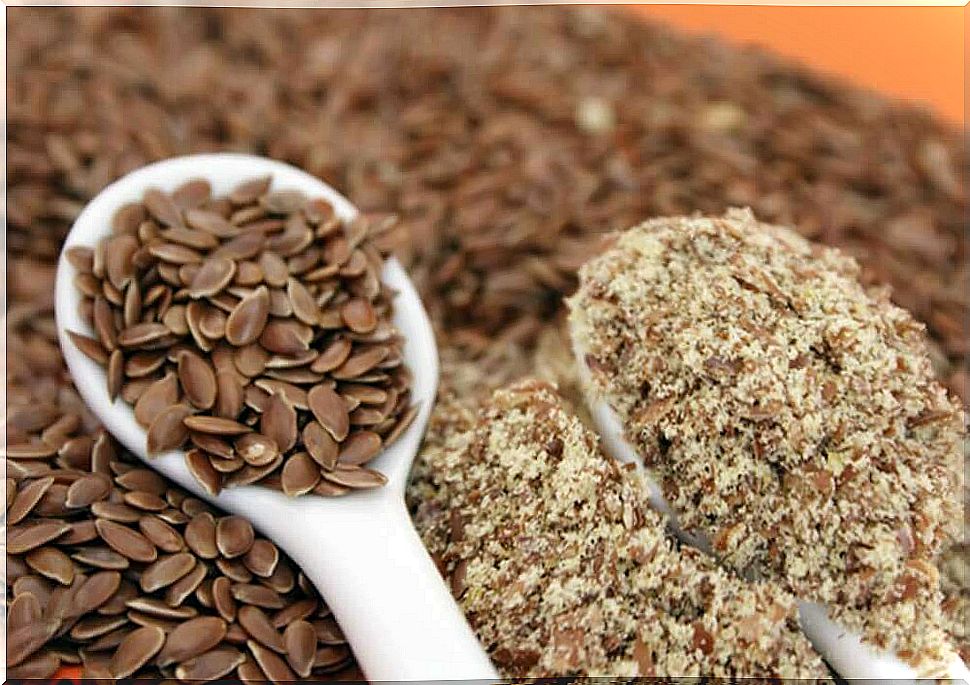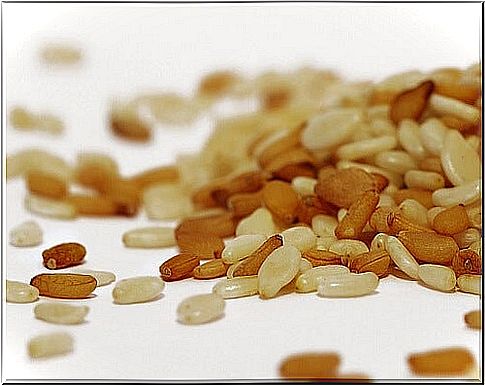Sesame Seeds And Their Nutritional Value
Sesame seeds are considered to be one of the most complete foods in terms of nutritional intake. Rich in calcium, fiber and antioxidants, they can offer many great health benefits.

Sesame seeds (Sesamum indicum), also known as sesame, come from a plant native to Africa and India. These seeds have spread to the four corners of the world thanks to trade but also to the slave trade.
These seeds have a high protein value and contain a high amount of unsaturated fatty acids and minerals such as iron, zinc and calcium, which are very important for the body. In this article, we will introduce you to the different types of seeds that exist and the benefits they bring to our health. Keep reading our article to find out more!
The different types of sesame seeds

Black sesame seeds
The black sesame is the first that mankind has known. These seeds have the same nutritional properties as whole sesame seeds, but also provide high levels of antioxidants.
These seeds are used in preparations that require baking, because when the seeds are roasted and ground, they give a very fragrant aroma and intense taste. The highest quality sesame oil is made with this type of sesame seeds.
Whole sesame seeds
These unpeeled sesame seeds are still in their husks, which increases their nutritional value compared to white seeds. Its calcium intake is 8 times higher than that of white seeds. Whole sesame seeds are considered one of the healthiest foods in the world.
Products made from unpeeled seeds, such as butter and tahini paste, tend to be darker and creamier.
White sesame seeds
White sesame seeds are the most widely used, for example to sprinkle bread rolls, brioches and other pastries and pastries, thus providing a crunchy texture.
Nutritional properties of sesame seeds

Protein
While it is true that they do not contain all of the essential amino acids, sesame seeds, like legumes, are very high in protein. By combining them with cereals, we can obtain a protein of high biological value. To do this, you can add a few seeds to your muesli during your breakfast.
Lipids
One of the star components of sesame seeds is without a doubt their essential fatty acids (Omega-3 and Omega-6). These acids are the most important and beneficial for the health of our body.
We are talking about essential fatty acids because our body cannot manufacture them. We must then ingest them through our diet. These fatty acids are extremely beneficial for the cardiovascular system, as they reduce blood pressure and prevent diseases related to poor condition of the arteries.
Carbohydrates
Another of the most remarkable properties of sesame seeds is their high supply of fiber, a very special type of carbohydrate. Fiber is essential for maintaining good gut health because it works like a brush, deeply cleaning the elements that are left on the intestinal walls.
Vitamins
They also contain a significant amount of vitamin E. It is one of the most antioxidant vitamins, capable of countering the effects of free radicals.
The minerals
Sesame seeds contain many minerals such as phosphorus, potassium, magnesium, zinc, etc. But the most remarkable thing is its extraordinary supply of calcium. Sesame seeds are one of the richest sources of calcium that we can find.
It is therefore an essential food that should not be missing from anyone’s diet, not even that of postmenopausal and pregnant women.
The health benefits of sesame
- Protect the cardiovascular system: their polyunsaturated fatty acids improve the condition of the arteries and cause a lower incidence of hypertension, myocardial infarction, angina pectoris, etc.
- Improve condition of people with diabetes: According to some studies, such as the one published in Medical Foods , regular consumption of sesame seed oil reduces blood pressure and glucose levels in hypertensive diabetics
- Help improve depression : thanks to their extraordinary contribution in amino acid, tryptophan, precursor of serotonin
- Prevent osteoporosis: studies show that sesame’s calcium intake is important
- Keep you young: The antioxidant vitamins and minerals in sesame keep the immune system in peak condition and fight free radicals
- Protect the digestive system, thanks to the action of fibers, and thus also protect the mucous membranes and prevent the appearance of irritations (gastritis, acidity, etc.)
- Improve oral health: according to Ayurveda (traditional Hindu medicine), keeping a spoon of sesame oil in your mouth for a few minutes prevents the formation of cavities, gingivitis, dental plaque as well as the appearance of bad breath.
Therefore, sesame seeds are a food with high nutritional value to be included in the program of a healthy lifestyle, as well as a varied and balanced diet and regular exercise.









